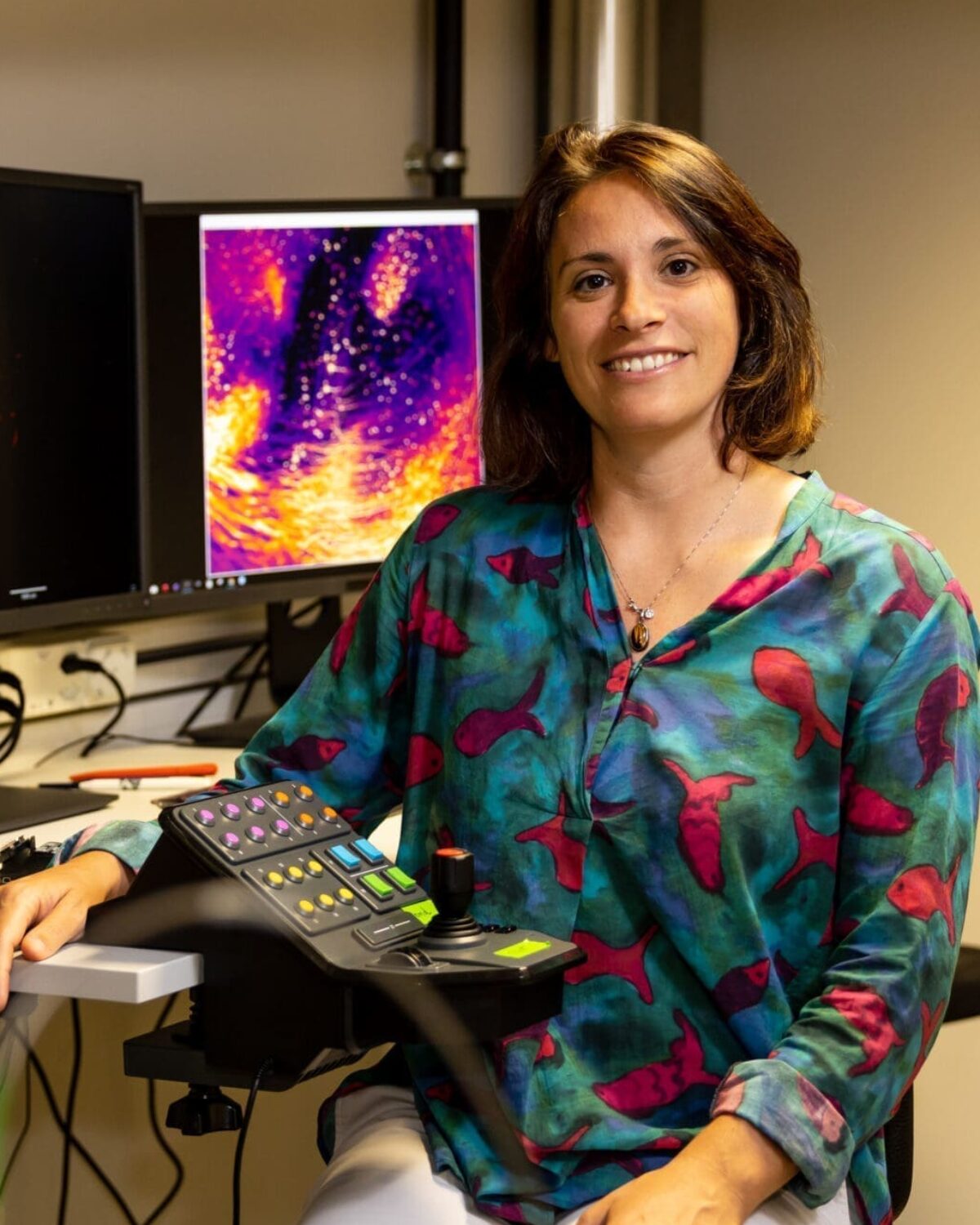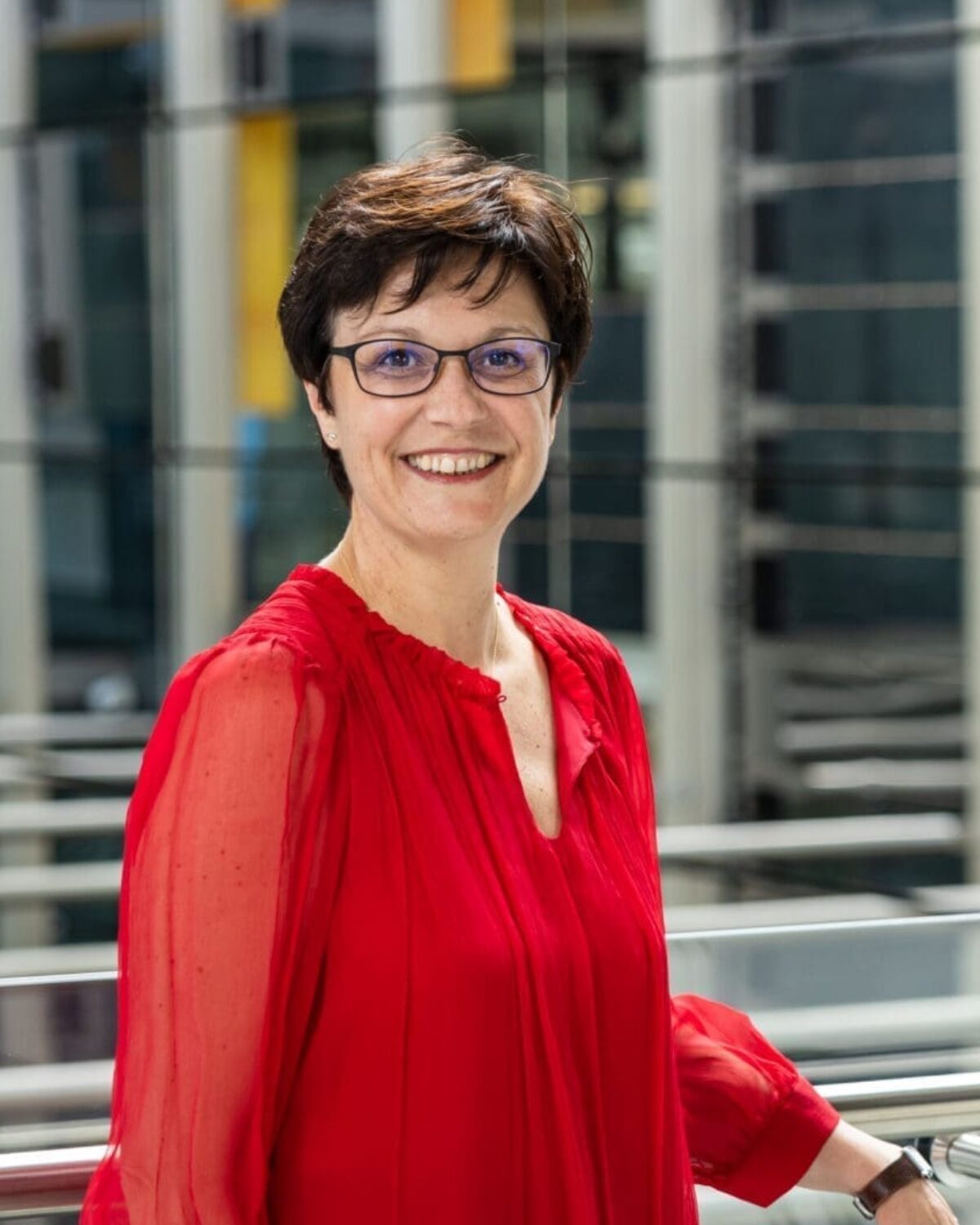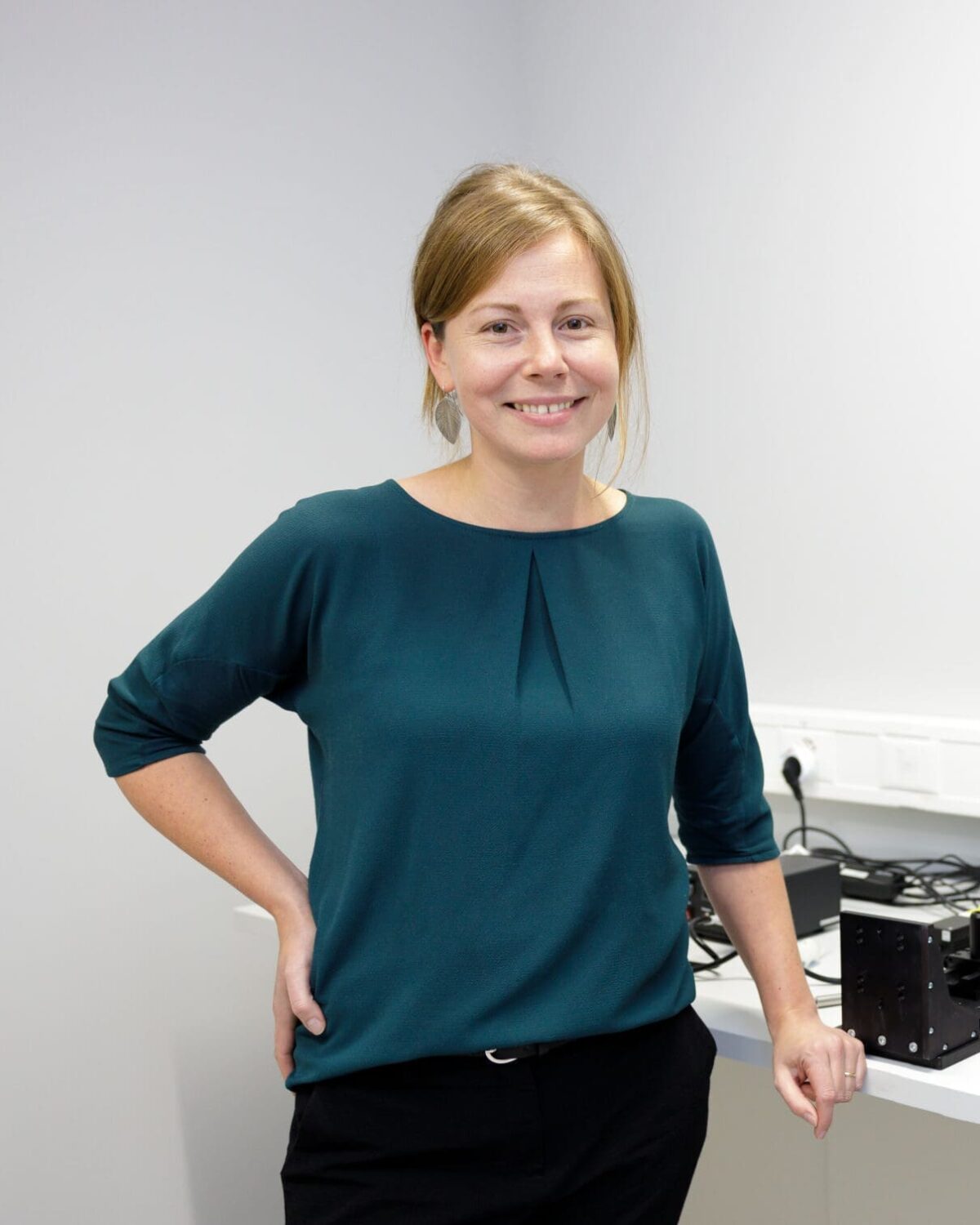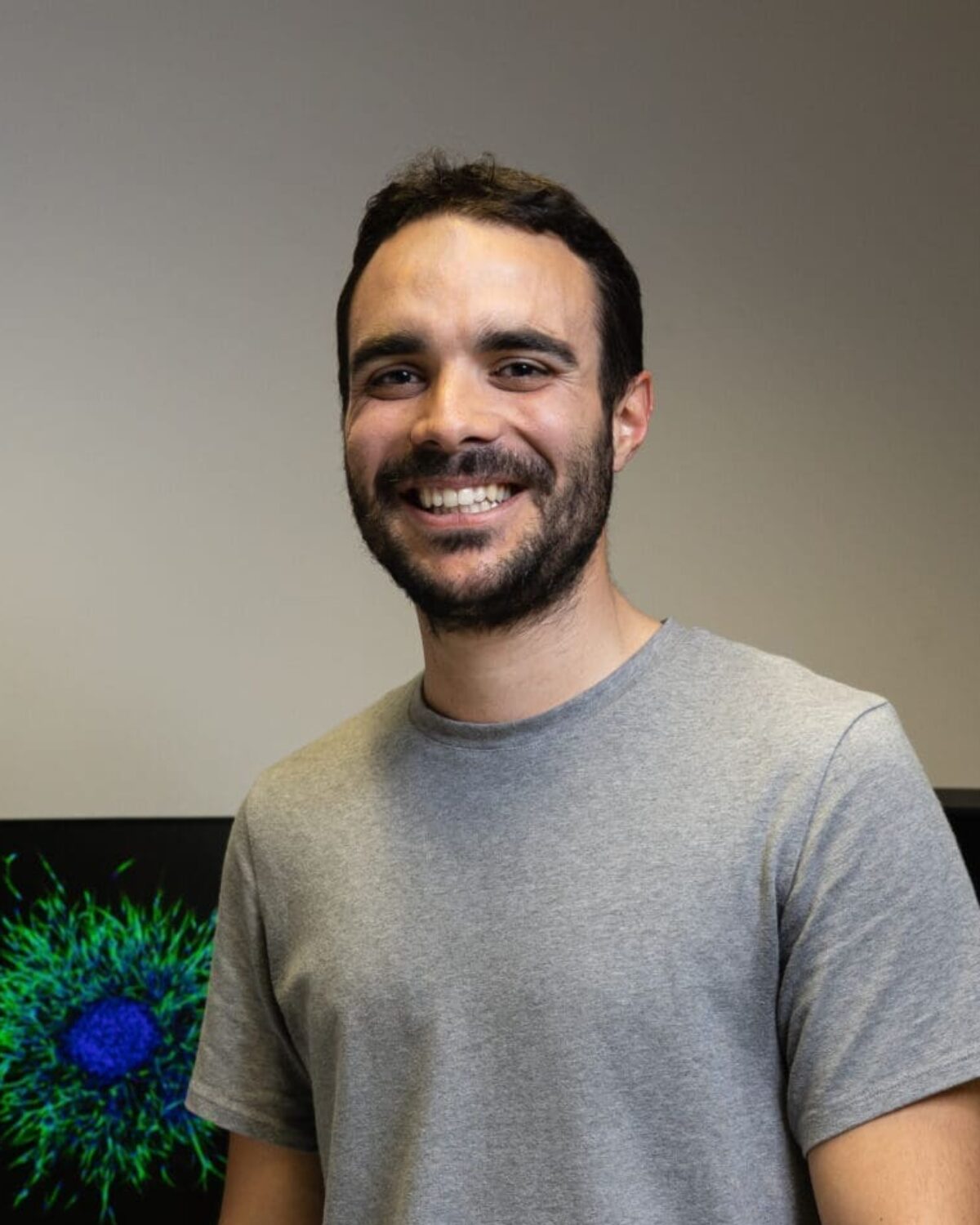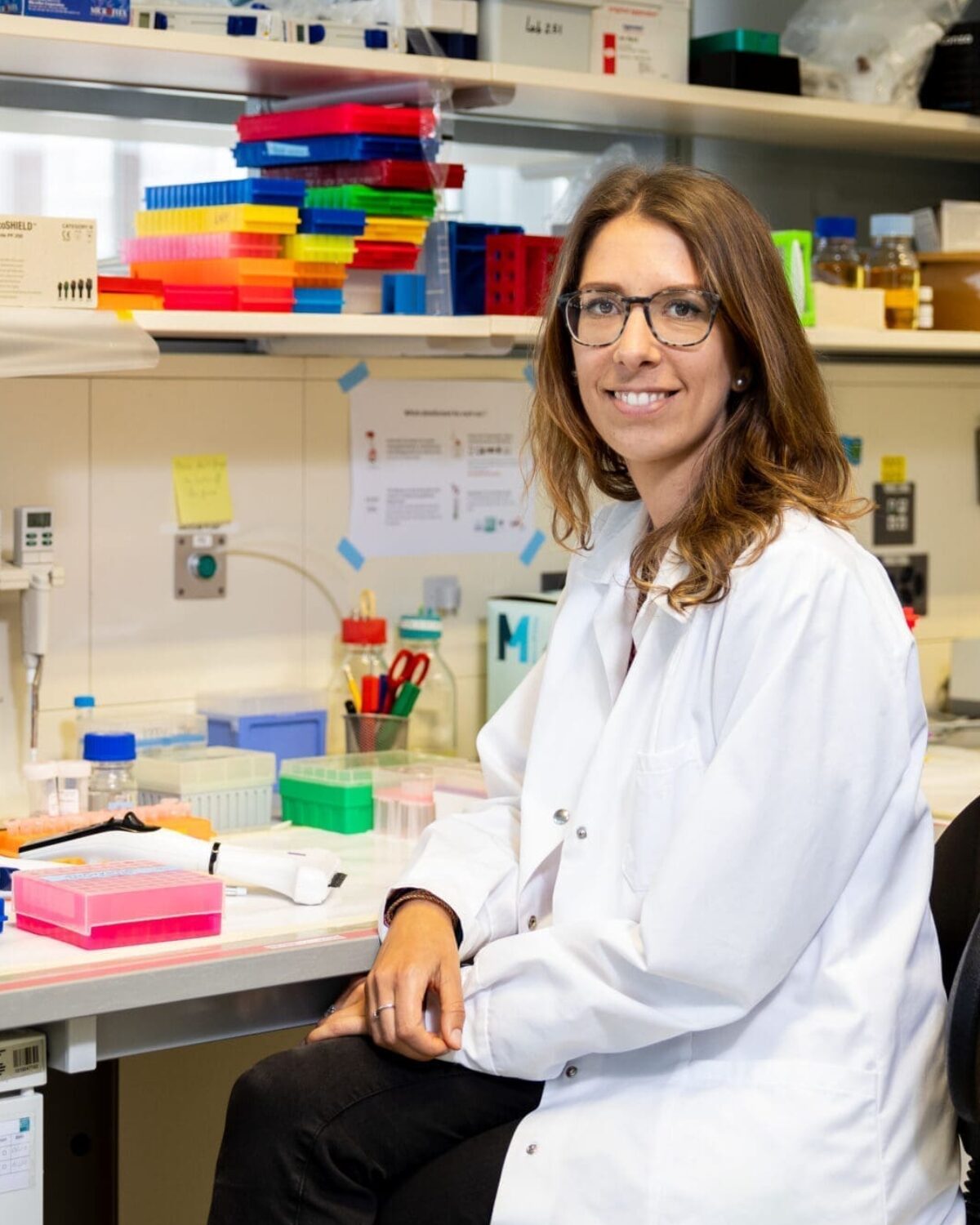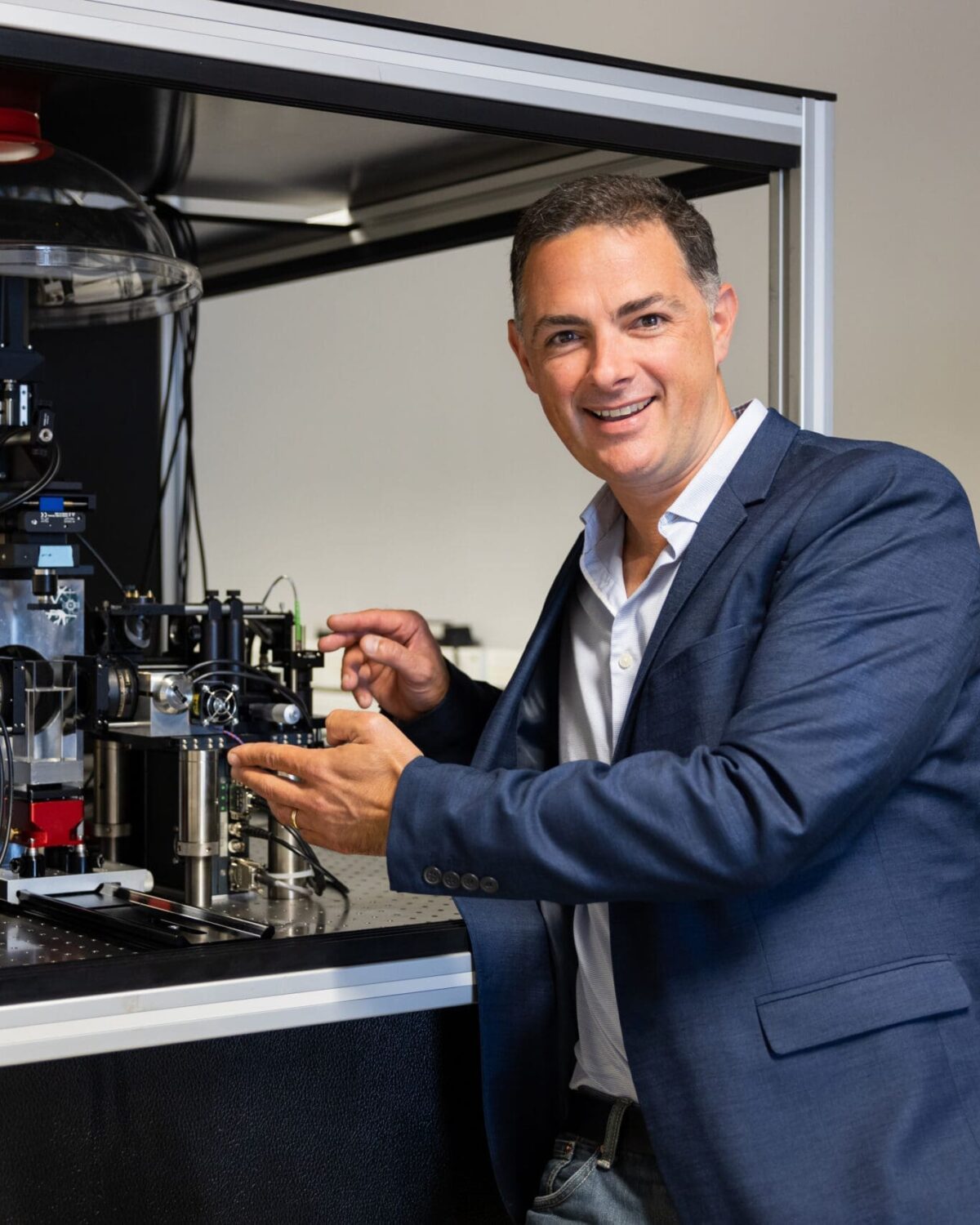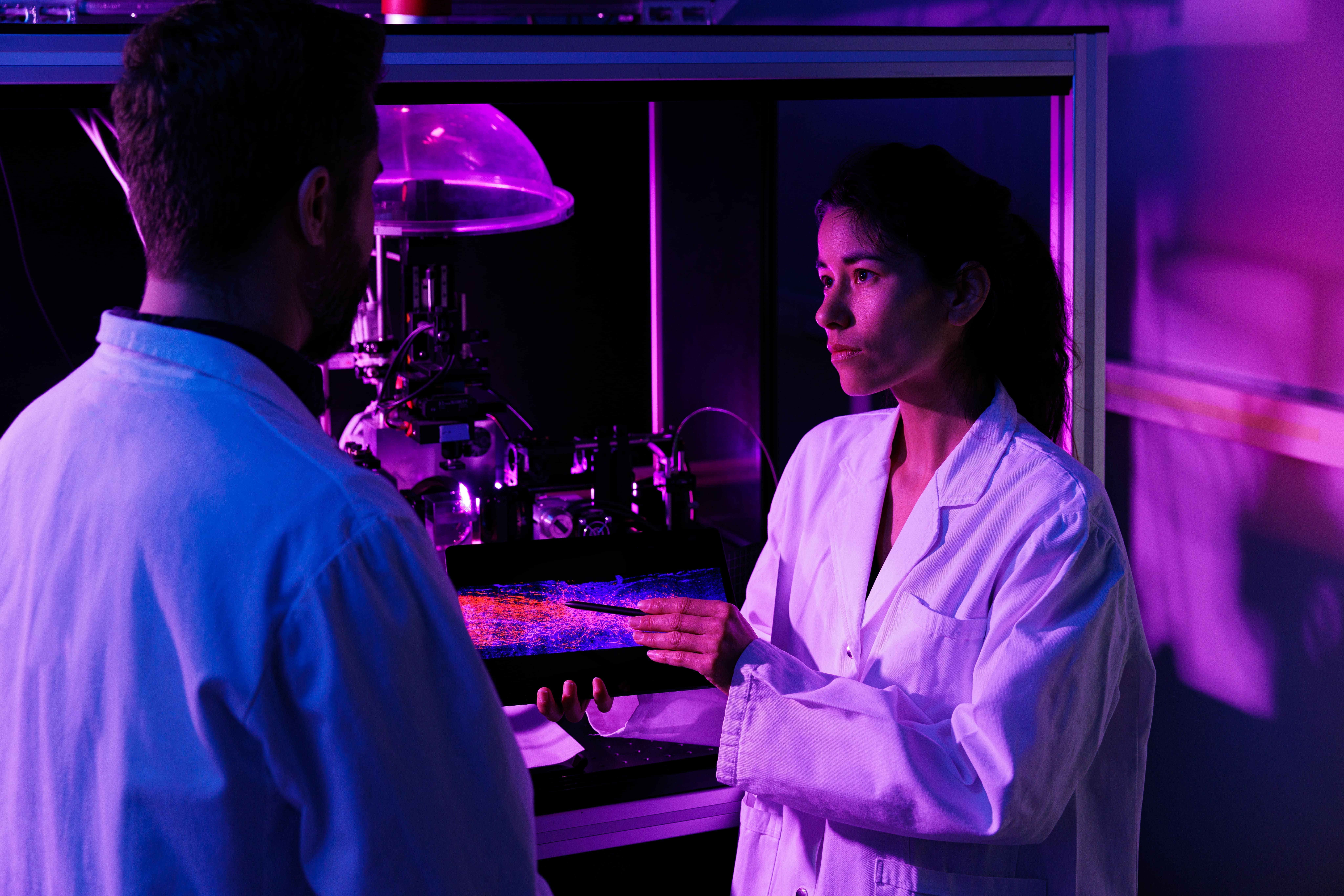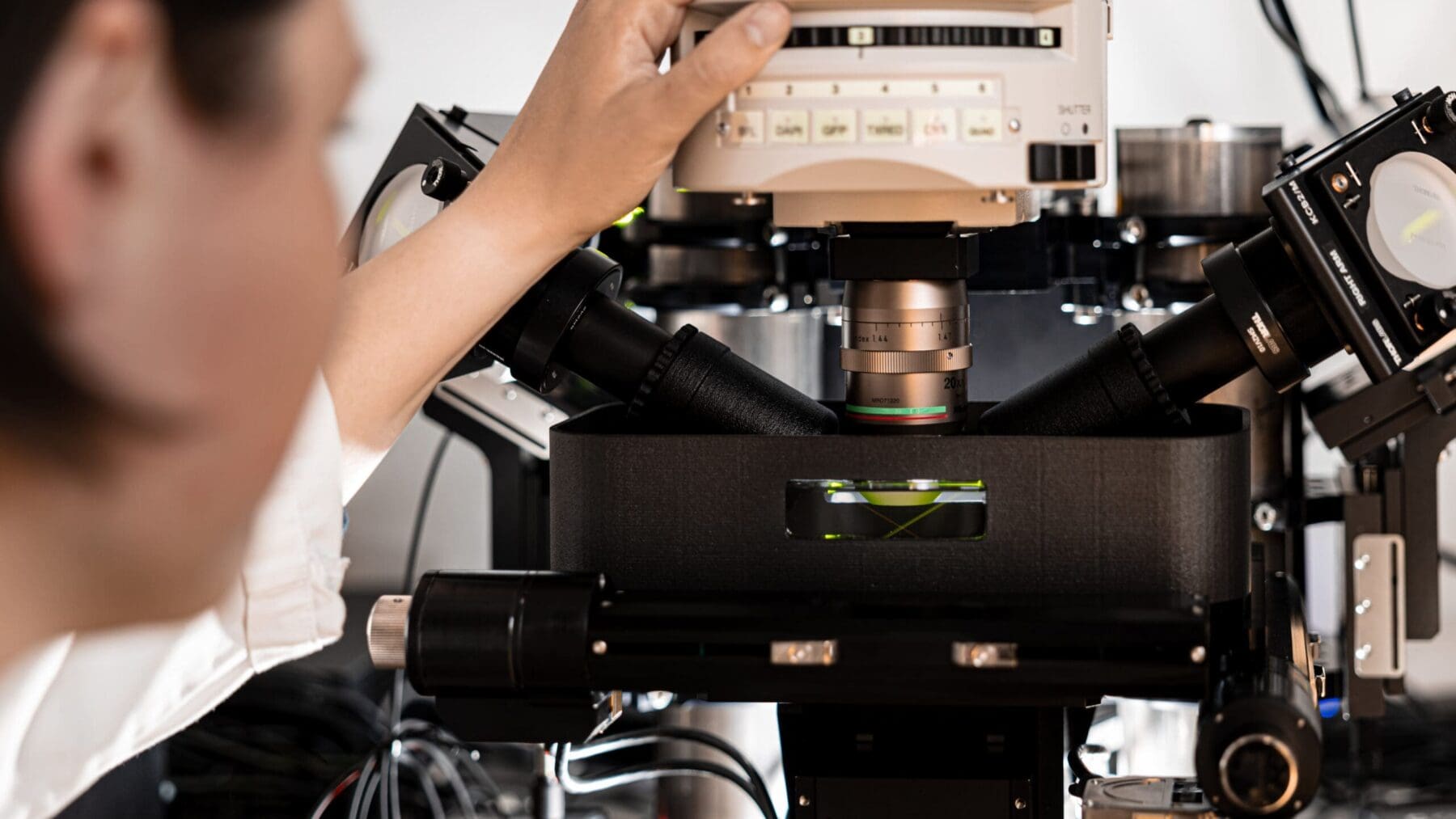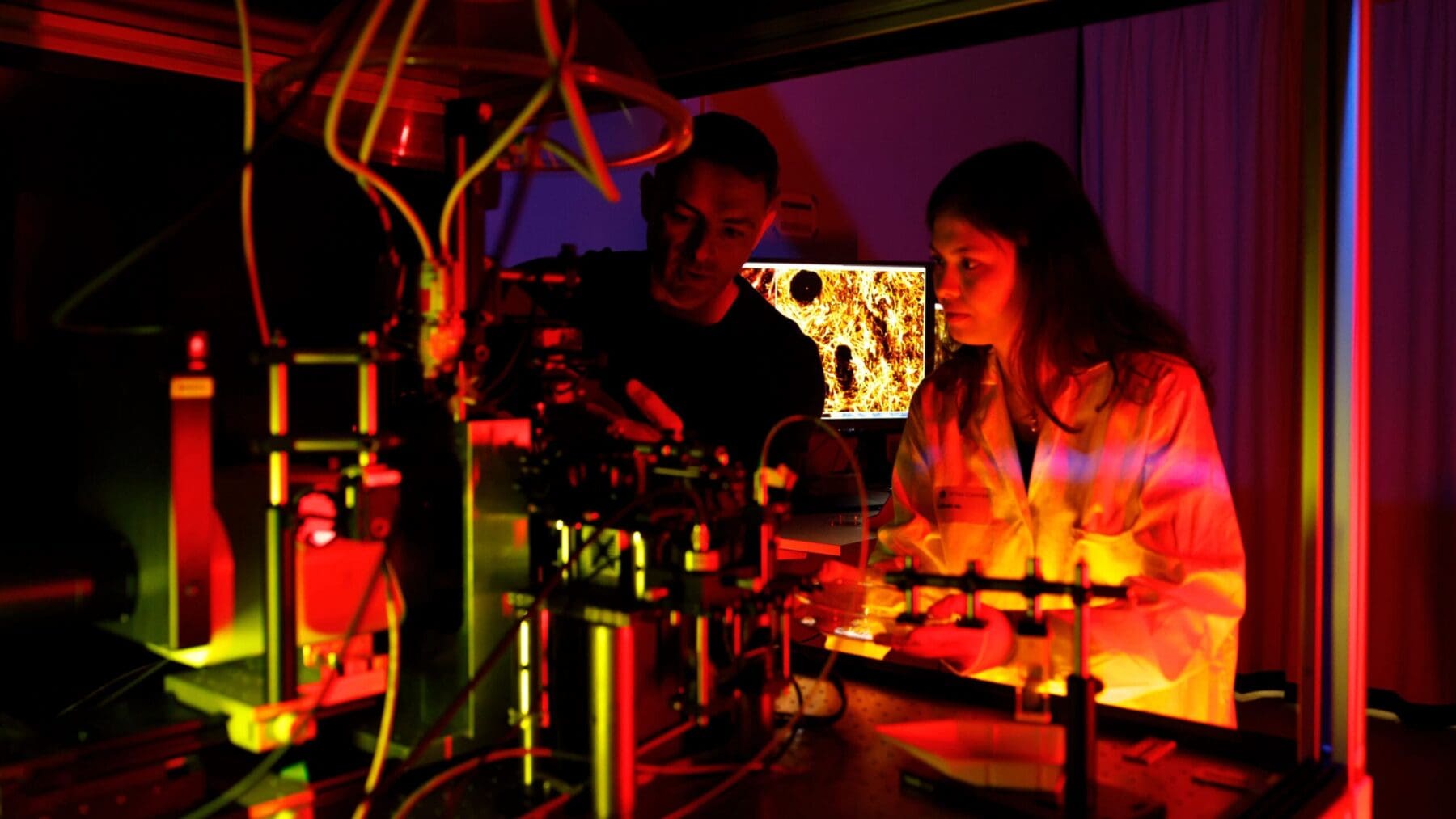Neurobiology

Advancing our understanding of the brain's complex circuitry
The physical and biological complexity of the human brain has posed a significant challenge in the success of neuroscience research and development. As critical as it is to develop solutions that reach the clinic, it also imperative that we enhance our basic understanding of the human brain in health and disease so that we can develop tools and approaches that increase our efficiency and chances of successful discovery and therapies.
Defining the future of neuroscience discovery
We seek to develop approaches that can enable and enhance our understanding of the brain, the nervous system and brain disease mechanisms, in an organized, systematic and effective way.
To that end, part of our research efforts and collaborations are focused on achieving large scale, high-content brain circuit mapping of both basic and clinical relevance. Benefiting from major advances in chemistry and genetics, we seek to help advance new methods for brain mapping and contribute to the world’s ability to see the brain in full molecular and cellular detail.
This should have implications for all areas of basic and applied neuroscience, and should directly inform potential new therapies, whether drug- based, gene therapy- based or device- based. Hence, we also pursue the development of highly specific gene or cell therapies for specific indications such as dementia, stroke and spinal cord injury.
Key neurobiology areas of development at the Wyss Center:
- Brain mapping: tissue processing / histology, genetic engineering, hardware, human tissue slice culture, organoids, computational analysis and image processing
- Molecular biology and microscopy
- Cell and gene therapy: collaborating with external research groups and facilities on the development and optimization of pre-clinical and clinical protocols and trials
- Data collection and management
- Obtaining and banking human tissue samples
Our existing facilities and expertise in microscopy, histology and cell culture, and molecular biology will contribute to our expansion into the field of neurobiology.
Expanding our understanding of the brain
Expansion microscopy increases the size of brain samples, allowing intricacies to be visualized, revealing disease mechanisms.
Revealing 3D anatomy with lightsheet microscopy
Developers around the world are pushing microscope technology to the extremes. Lightsheet microscopes image brain tissue down to individual neurons and offer unprecedented maps of nervous system structure and function.
Creating elastic brains
The ELAST technique can help fluorescent tags penetrate samples more deeply making structures in thicker brain sections visible under a microscope.

